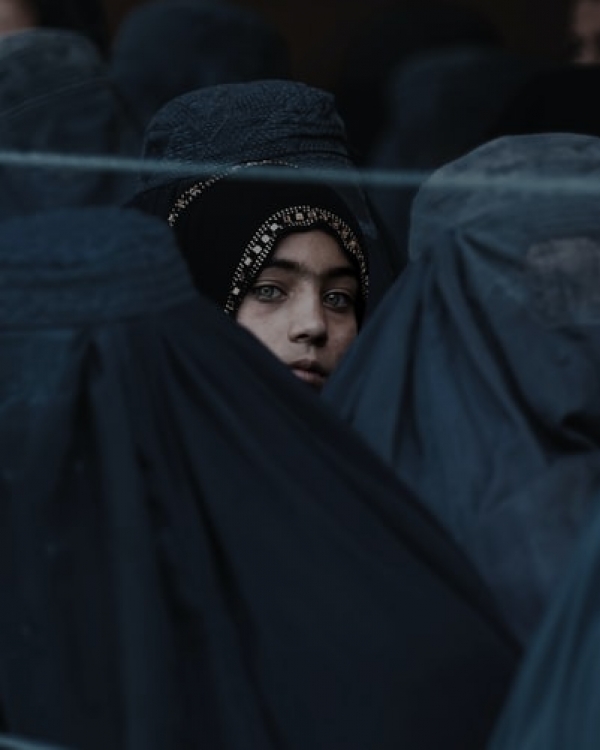The withdrawal of U.S. troops from Afghanistan, coming 20 years after the initial invasion ordered by former president George W. Bush, has led to alarming aftereffects. While the attacks and incidents at the Kabul airport have attracted most of the attention, the need for humanitarian aid by women and children also remains a major concern.
With over 1.4 million Afghan women and girls who stand to lose access to sevices helping to fulfill basic needs, the International Rescue Committee (IRC) has warned against an increase in violence against women and children, as well as even upcoming greater needs with regards to humanitarian assistance. The IRC Vice President, Elinor Raikes, also highlighted the urgency of continuing evacuation efforts targeting eligible civilians and noted the importance of female aid workers, who are now in danger, and without whom humanitarian organizations are unable to operate effectively in regards to women’s services. The executive director of the United Nations International Children's Emergency Fund (UNICEF) also expressed her “deepest concerns” for women’s and children’s rights and her fear that the progress of the past 20 years would be undone, especially in the field of education. Data from the World Health Organization supports the gender factor as being of critical importance in the healthcare sector of Afghanistan, and noted the serious impact the enduring conflict has had on the health status of both women and children; this data was collected before the recent resurgence of the Taliban and the situation is, indeed, unlikely to improve.
Furthermore, the UN Refugee Agency (UNHCR) has also called upon the countries neighbouring Afghanistan to keep their borders open, as more than half a million people are fleeing from the country due to the ongoing violent situation. Despite the uncertainty of Afghanistan’s future, the status of women’s and children’s rights in the country under the Taliban regime remains a unanimously expressed concern of international organizations and of the broader international community.
Sources:
https://apps.who.int/disasters/repo/7483.html
Author: Charoula Papastefanaki; Editor: Maxime Grenier







